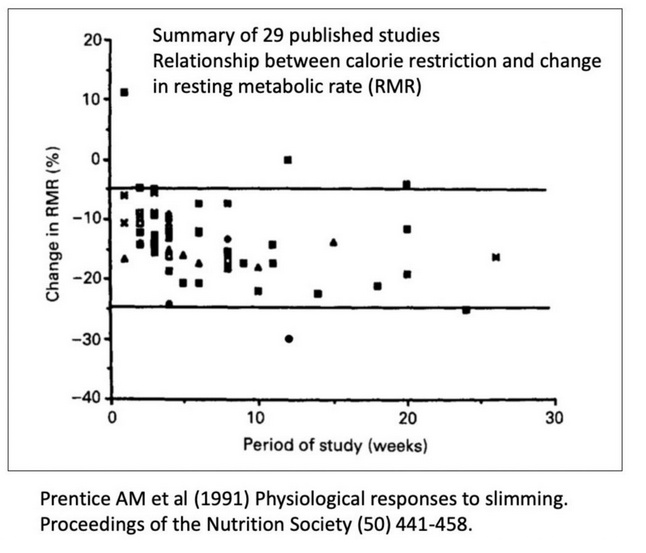Even if it would harm your weight-loss in the near future, you should eat properly. Slow metabolism isn’t healthy. It’s harder to get your essential nutrients from very little fod too.
I am on low-carb since a decade and I am very familiar with carbs in food.
It’s very easy to eat way below 20g carbs even if you eat 2000 kcal or more - if you don’t cling to plants. With plants, it’s trickier but with good planning and properly tiny amounts (for carbier items, I mean), it’s doable.
If added fat works for you (I need to avoid it as much as I can), well that is 0 carbs for any amount of calories.
It’s harder in the beginning, of course. The food items you are used to are too carby. But you can look at other people’s meals, labels… It’s easiest if you eat a lot of good, fatty animal protein mostly. You can add lower-carb plants (even higher-carb ones but in tiny amounts, fortunately many of them are very flavorful, a little may be enough) but focus on very low-carb, nutritious choices. For example, I get hungry, I often just eat eggs with cheese and sausage, maybe some meat. Spice, little raw veggies, onions in my stew… It’s easy to stay even below 20g total carbs that way. But if you base your meals on some meat, you can go super low - and the rest may be filled with vegetables and nuts if you fancy them. If quite a few vegans can pull off <20g net carbs, it’s very easy if we like our animal proteins.
I often saw beginners eating carbs with carbs all the time. They add up and if someone uses leaner protein, it’s easy to eat too much carbs and too little calories at the same time.
It can’t be said yet if it’s water, I say this again. If you measure yourself, say, every week, you eventually will see what happens. A few weeks can’t show much unless someone loses fat very rapidly.


